Trending Now
We have updated our Privacy Policy and Terms of Use for Eurasia Group and its affiliates, including GZERO Media, to clarify the types of data we collect, how we collect it, how we use data and with whom we share data. By using our website you consent to our Terms and Conditions and Privacy Policy, including the transfer of your personal data to the United States from your country of residence, and our use of cookies described in our Cookie Policy.
{{ subpage.title }}
US ends federal mask mandate; COVID protection is personal responsibility
Jon Lieber, head of Eurasia Group's coverage of political and policy developments in Washington, discusses the end of federal mask mandates:
What are the implications of the end of the federal mask mandate?
A federal judge in Florida this week ruled that President Biden's order requiring masks, facial coverings on federally regulated forms of transportation, including planes, buses, and trains is unlawful and should not be enforced. The mask mandate was the most visible and impactful mandate handed down by President Biden, who campaigned in 2020 on doing more than his predecessor, Donald Trump to stop the spread of the virus, but was really limited by the limited authorities the federal government has to take drastic measures to control public safety, most of which are controlled by the states. This is the latest setback to Biden's pandemic policies. Earlier this year, a federal judge said that he did not have the ability to impose a vaccine mandate for large employers. And at this point, Biden lacks both the policy tools and the political standing to do much else.
Polling indicates that Americans are done with the pandemic. The pandemic has dropped precipitously as a number one concern for voters who now say, they're more worried about things like inflation, immigration, crime, and more broadly healthcare. Air travel's hovering at about 90% of where it was from pre-pandemic levels and mobility data suggests that people are largely returning to their pre-pandemic routines.
One thing that has not happened, however, is a return to office: data from the largest cities shows that fewer than half of workers nationwide are returning to their pre-pandemic commuting patterns, which could end up being one of the more enduring shifts on public behavior coming out of the pandemic.
When it comes to masks, there's massive partisan splits in the polling, as there is many things, with Democrats and the vaccinated generally saying they support mask mandates when you're out and about with other people, and Republicans and the unvaccinated saying that they're largely against them.
Regardless, the Biden administration is unlikely to appeal this ruling and the mask mandates on planes is unlikely to come back. Case counts are low. The new variants are relatively mild. Biden has bigger political fights to fight. And the benefits of universal indoor masking are too tenuous to make this worth his while. The US has now firmly pivoted to the view that protection from the virus is a personal responsibility, which is why you're going to see vulnerable people and people who worried about the virus continue to mask and social distance. And the rest of the population will continue to try to return their lives as normal. The US is still on track to record its one millionth death from COVID sometimes soon and most of these deaths, sadly will have come under President Biden, despite his campaign promise to get the virus under control.
Mark Suzman’s big lesson learned from COVID
When now-CEO Mark Suzman joined the Bill & Melinda Gates Foundation in 2007, global health efforts were focused on the transition to fighting diseases like HIV, malaria, or TB under initiatives such as The Global Fund or PEPFAR.
Fifteen years later, the main lesson he's learned from COVID is is that "we have and did in the end respond albeit late," Suzman said during a livestream discussion on equitable vaccine distribution hosted by GZERO Media in partnership with the Bill & Melinda Gates Foundation.
What we've seen in the response, he explained, is "to some degree back in the glass half-full, half-empty response" with delays and setbacks caused by nationalism and inequitable vaccine distribution that caused many needless deaths. "
That is not a world we want to live in for the future."
Why pandemic was "perfect storm" for violence against women: Dr. Okito Wedi
Gender-based violence tends to jump in any emergency situation, and the pandemic was no different. During COVID-related lockdowns around the world, Creative Development CEO Dr. Okito Vanessa Wedi says the home was no safe space for women. "Preexisting toxic social norms, together with actually being in a pandemic, losses of jobs, anxiety about the future [and] the restriction of movement" all created a "perfect storm" that turned partners into abusers.
She spoke during "Measuring what matters: How women are critical to pandemic recovery," a livestream conversation on October 28, 2021, hosted by GZERO Media in partnership with the Bill & Melinda Gates Foundation.
The Graphic Truth: COVID deaths falling in leading countries
The entire world has been affected by COVID, but some countries have felt the pain more than others. A combination of poor political leadership, lack of resources, and socioeconomic factors has resulted in unprecedented death tolls in several countries over the past 20 months. But there's some good news on the horizon: deaths are plummeting in four of the top five countries with the highest overall COVID death tolls to date. We take a look at the weekly death toll in the US, Brazil, Mexico, Russia, and India since the start of the pandemic.
GDP should reflect cost of polluting planet, says Microsoft's John Frank
As the 76th UN General Assembly gets underway, dealing with the pandemic is still the top priority for world leaders. But for John Frank, vice president of UN Global Affairs at Microsoft, COVID is not the only major challenge the world faces today.
One of them — included in the UN Secretary-General's new Common Agenda for strong, inclusive pandemic recovery — is a different way to measure economic growth beyond the traditional productivity-led GDP model by taking more into account the cost of pollution, one of the main causes of climate change.
"We need a common international standard and system for measuring carbon production and a ledger system, so that we can look back to our supply chain and people we supply can look to us," says Frank, who fears we're putting a lot more carbon into the air than we currently think.
Watch the above video for more insights from Frank, who sat down with Tony Maciulis, GZERO Media's chief content officer, as part of our ongoing Global Stage partnership with Microsoft.
- Should internet be free for everyone? A Global Stage debate ... ›
- Global Stage virtual events return this fall - GZERO Media ›
- UN Chief: Still time to avert climate “abyss” - GZERO Media ›
- The US is rejoining the Paris Climate Accord. What comes next ... ›
- The Graphic Truth: Tracking national climate action - GZERO Media ›
- UN Secretary-General Guterres has a warning for disunited nations - GZERO Media ›
- Global Stage virtual events return this fall - GZERO Media ›
- Podcast: UN Sec-Gen Guterres has a warning for disunited nations - GZERO Media ›
Niall Ferguson: Blame bureaucrats, not leaders, for mismanaging disasters
When a government fails on disaster response, Stanford University historian Niall Ferguson says we often point the finger at the wrong person: the president — even if he's Donald Trump — instead of the mid-level bureaucrats who're actually responsible for most decisions. "When people are inclined to blame the person at the top, on closer inspection the point of failure is not there," Ferguson tells Ian Bremmer in the upcoming episode of GZERO World. Check local listings to watch on US public television.
How will we deal with the next pandemic?
While most of the world is still grappling with COVID, some countries — mostly wealthy ones with early access to vaccines — are thinking about preparing for the next pandemic. This sentiment ties into a wider debate about health security that was missing when the virus hit us all early last year.
Indeed, we should aspire to ensure the health security of our population instead of waiting for it to get sick, Flagship Pioneering CEO Noubar Afeyan said on June 9, during a live discussion,Stronger Partnerships for a Healthier World: Mutually Assured Protection— the second in GZERO Media's two-part discussion, Beyond the Pandemic: A Radical New Approach to Health Security, presented in partnership with Flagship Pioneering.
That'll only be possible with a level of global cooperation that remains absent even during the current pandemic, noted Eurasia Group and GZERO Media President Ian Bremmer. Right now, we seem to have learned nothing from COVID, he explained, citing the example of the US, which is more interested in investing on the tech that's on your smartphone to compete with China than in a system to help keep Americans safe from the next virus.
Also, it's too early to really talk about a global recovery when COVID is still ravaging so many parts of the world. For IMF chief Kristalina Georgieva, "a two-track pandemic means a two-track recovery" which will hold the entire planet back for years. She called for all countries to focus on vaccines as the cornerstone of their economic policies, and for rich nations to realize that helping poor ones recover is in their economic interest.
UK Health Minister Matt Hancock said that this week's G7 meeting comes at the perfect time for the world's wealthiest democracies, alongside a few like-minded friends, to make strong commitments on procuring vaccines for low-income nations and donating those they don't need right now. That's fine, but "don't commit to what you cannot achieve," remarked Agnes Binagwaho, Vice Chancellor at the University of Global Health Equity, who called out rich countries and multilateral organizations like the IMF for often not walking the talk on their pledges to the developing world.
Meanwhile, Moderna CEO Stéphane Bancel underscored that his goal is to end the pandemic in 2022, not later, and the best hope for that to happen is for governments to help vaccine makers get hold of scarce raw materials instead of demanding patent waivers. It was capital markets and not governments, he added, that Moderna got the money from to conduct the research into mRNA technology to develop COVID jabs in record time.
Other key moments of the program:
- US Navy Admiral James Stavridis (Ret.) on the importance of using military forces to deploy soft power, for instance on vaccine distribution logistics.
- President of Global Policy & Advocacy at the Bill & Melinda Gates Foundation Gargee Ghosh on how even enemy governments can collaborate on health, like the US and the Soviet Union did on a smallpox vaccine at the height of the Cold War.
- Geoff Martha, chairman and CEO of Medtronic, on whether or not we should nationalize certain parts of global supply chains to better deal with the next public health crisis.
- Procter & Gamble President of Global Home Care Sundar Raman on how experience in corporate partnerships applies to health security.
- Junaid Bajwa, chief medical scientist at Microsoft, on the looming shortage of doctors and other medical professionals that'll severely impact our capacity to respond to a public health crisis like a pandemic 10 years from now.
- Nestlé Health Service CEO Greg Behar on why we need a three-pronged — regulatory, government, and tech — proactive approach on health security partnerships.
- Amitabh Chandra, Director of Health Policy Research at the Harvard Kennedy School, on imagining a "parallel universe" in which Pfizer and Moderna had started developing COVID vaccines when the pandemic started, and why vaccine patent waivers are a "death sentence."
The first day of the series on June 8, Beyond the Pandemic: A Radical New Approach to Health Security, discussed what we could learn from COVID to prevent the next pandemic.
Learning from COVID to Prevent the Next Pandemic | GZERO Media Liveyoutu.be
This 2-day event was produced by GZERO Media in partnership with Flagship Pioneering. We thank our event partners, Partnership for a Healthier America and Medtronic.
- GZERO event highlights: IMF chief, G7 vaccine pledges, global health security - GZERO Media ›
- Biden-Putin summit: US wants predictability; G7's strong COVID response - GZERO Media ›
- The surprising history of disaster - GZERO Media ›
- Should we worry about monkeypox? - GZERO Media ›
- An economic historian's biggest lesson learned from the pandemic so far - GZERO Media ›
- Climate change isn’t the most immediate threat to humanity, argues Niall Ferguson - GZERO Media ›
- The 2020 pandemic was hardly “unprecedented,” says historian Niall Ferguson - GZERO Media ›
Watch our live event: global health beyond the pandemic
Could the biggest health crisis of our lifetimes actually lead to a healthier world? Watch the second part of our live event series about what public health will look like after the COVID-19 pandemic, presented in partnership with Flagship Pioneering, the bio-platform company that founded Moderna and dozens of other life sciences firms.
Days before world leaders G7 meeting, we will bring political leaders and policy makers together with health experts and scientists to discuss lessons learned from and the latest innovations to preempt both COVID-19 variants and future infectious disease pandemics.
Attendance is free and open to the public. Please register to attend.
The virtual event will be hosted by Noubar Afeyan, founder & CEO of Flagship Pioneering, and Ian Bremmer, president and founder of Eurasia Group and GZERO Media.
Tuesday, June 8, 2021 | 11 AM - 12:30 PM ET (recording available)
- Beyond the Pandemic: A Radical New Approach to Health Security: As the world emerges from the COVID-19 pandemic, what are the lessons learned and how can we use them to not only prepare for, but also preempt the next pandemic? On day one, speakers will discuss new and powerful ways to combat the wide range of threats to our health, including preventing variants and future infectious disease pandemics, and tackling 'slow-burn' pandemics such as obesity and chronic disease. CNBC's Meg Tirrell will moderate the conversation.
Wednesday, June 9, 2021 | 11 AM - 12:30 PM ET
- Stronger Partnerships for a Healthier World: Mutually Assured Protection: On day two, we'll focus on the need for greater collaboration between governments, international institutions, and the private sector in order to get beyond sick care and create a world where we secure and protect people's health by postponing if not preventing disease, and by promoting good health and wellbeing. Bloomberg TV anchor Shery Ahn will moderate the conversation.
Speakers include:
Kyriakos Mitsotakis
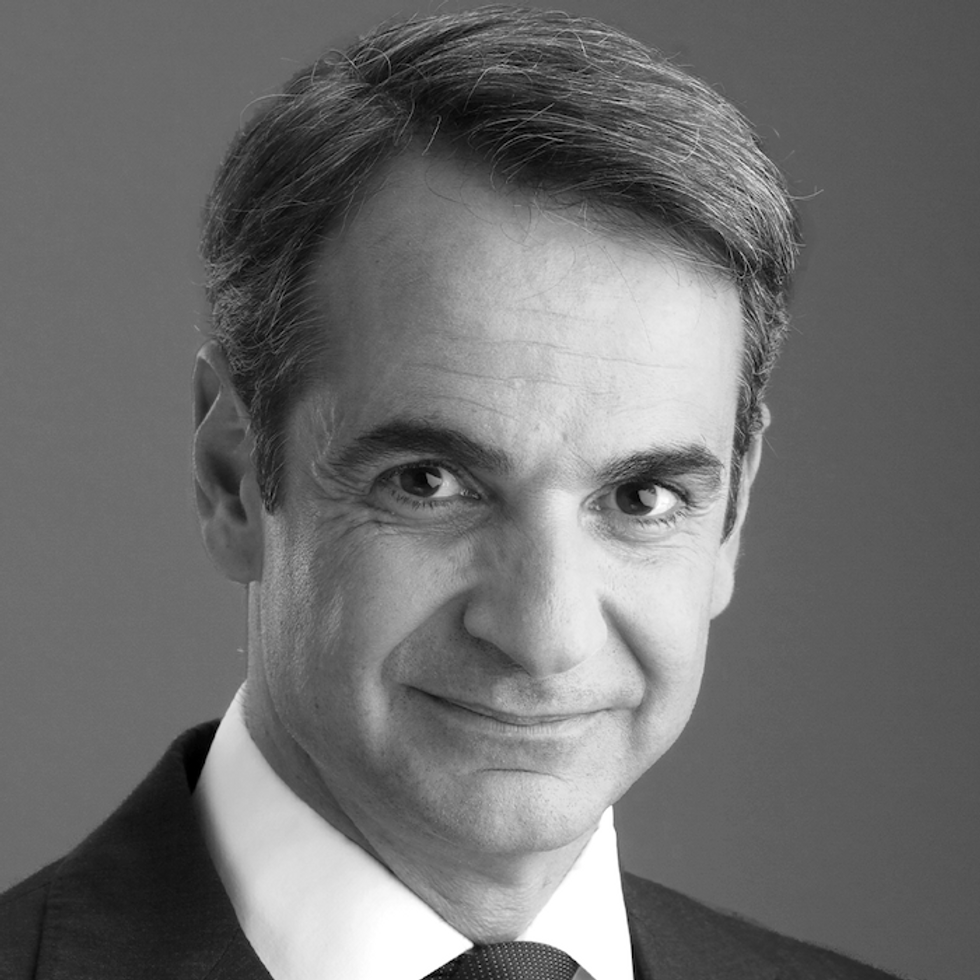
Prime Minister of Greece
Kristalina Georgieva
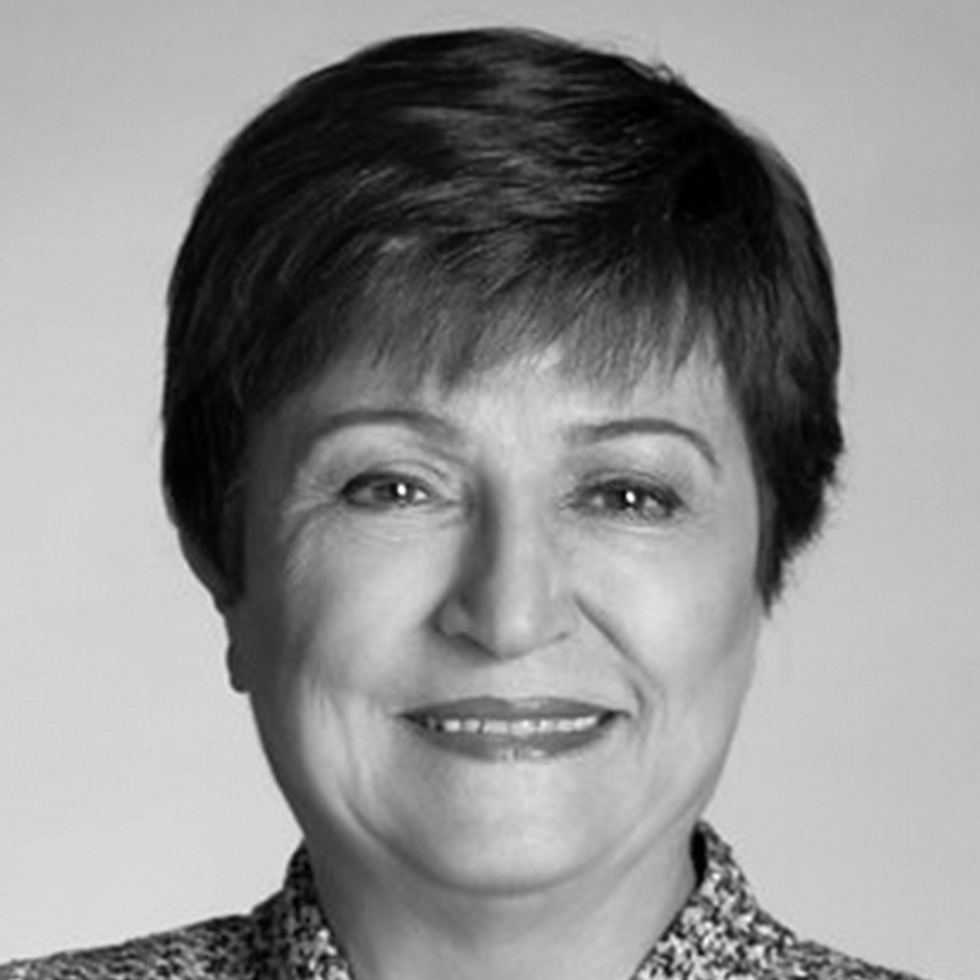
Managing Director, International Monetary Fund
Stéphane Bancel
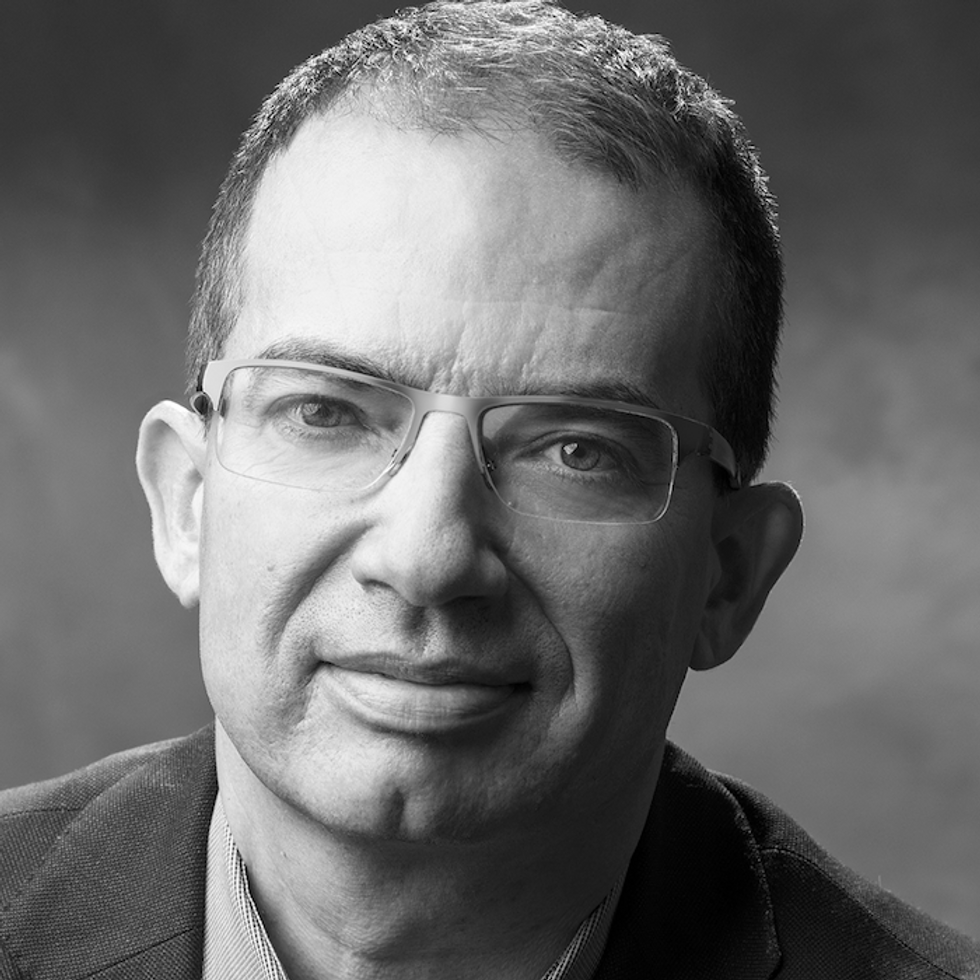
CEO, Moderna Therapeutics
Agnes Binagwaho
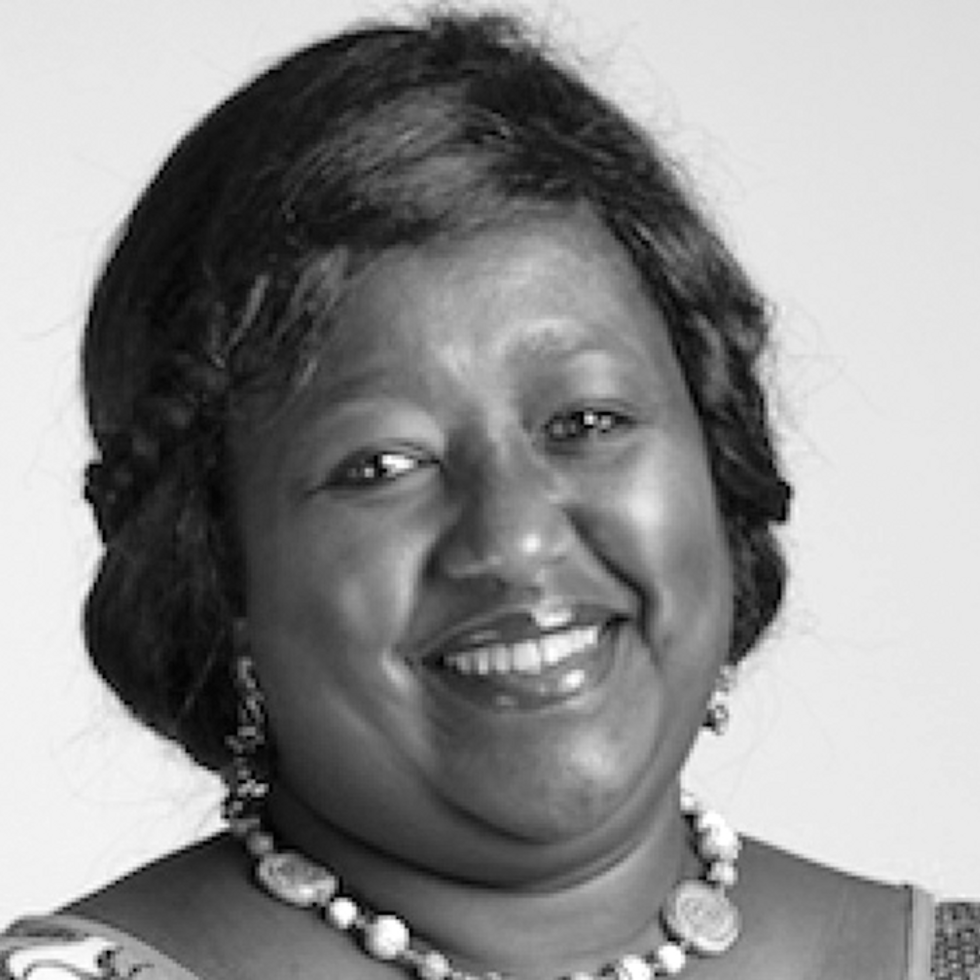
Vice Chancellor, University of Global Health Equity
Geoff Martha
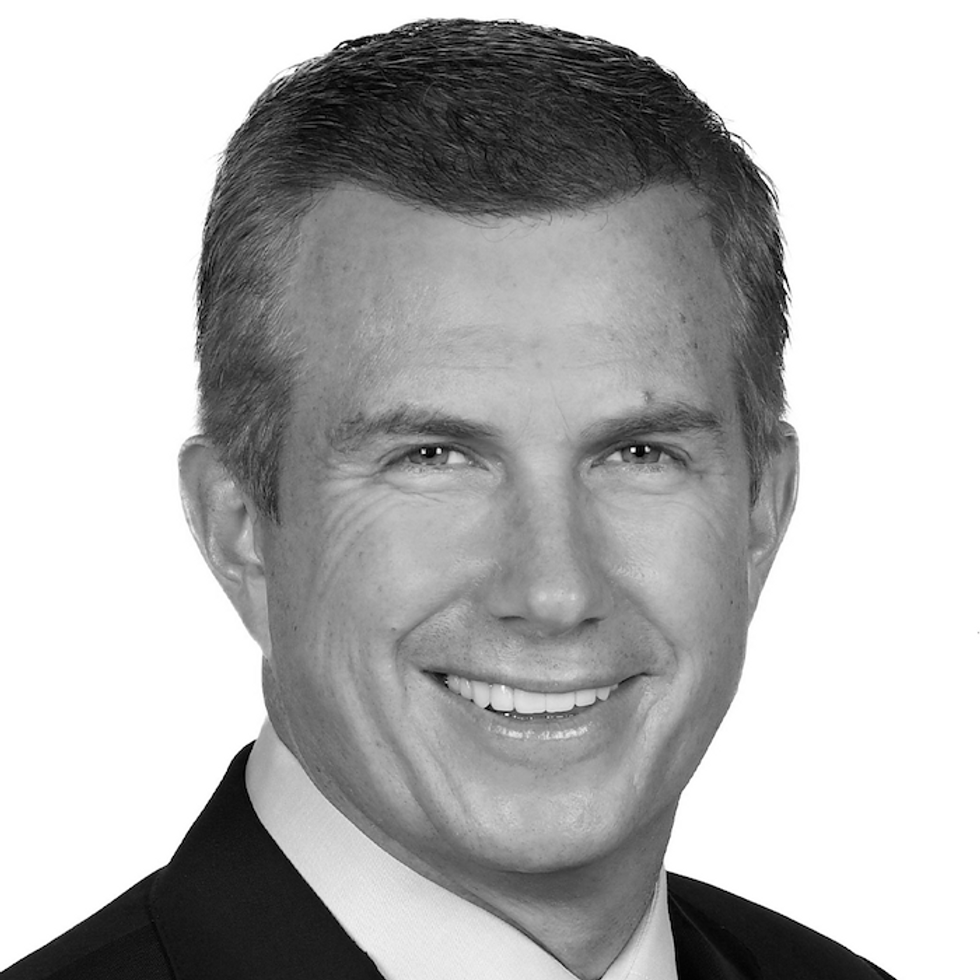
Chairman & CEO, Medtronic
Nancy Roman

President and CEO, Partnership for a Healthier America
Paul Farmer

Professor, Harvard Medical School; Co-founder, Partners In Health
Gargee Ghosh

President, Global Policy & Advocacy, Gates Foundation
Amitabh Chandra
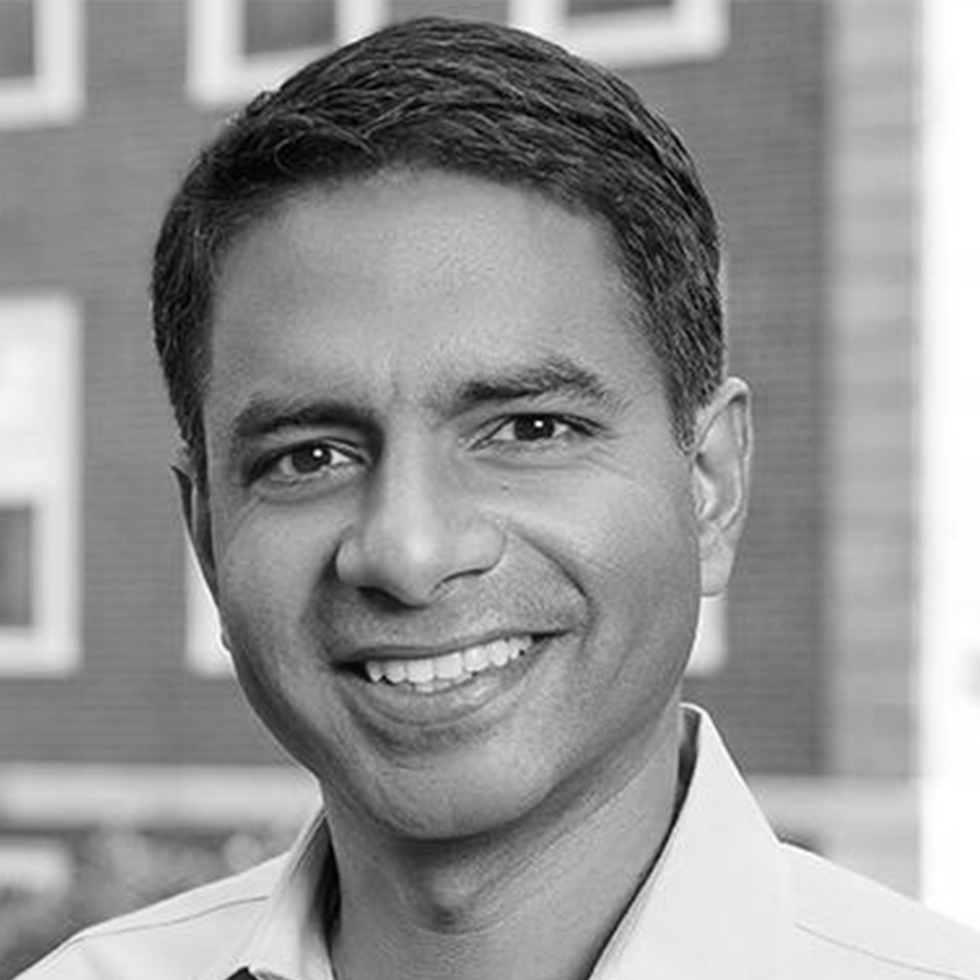
Professor, Director of Health Policy Research, Harvard Kennedy School
Sally Davies

GCB DBE, Master of Trinity College
Laurie Garrett

Pulitzer Prize-winning journalist
Jeh Johnson
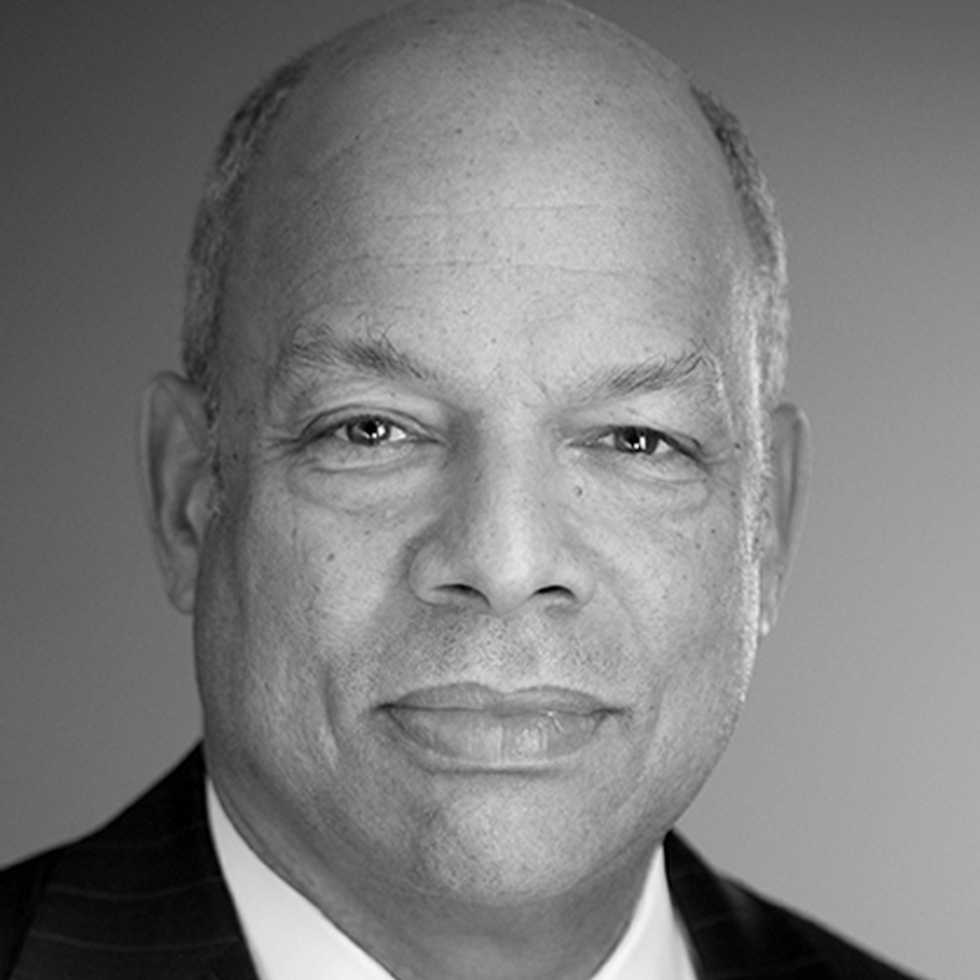
Partner, Paul, Weiss, Rifkind, Wharton & Garrison LLP; former Secretary of Homeland Security (2013 - 2017)
Albert Bourla

CEO, Pfizer
Noubar Afeyan

President & Founder, Flagship Pioneering
Ian Bremmer

President & Founder, Eurasia Group and GZERO Media
Additional speakers include:
- Junaid Bajwa, Chief Medical Scientist, Microsoft
- Matt Hancock, UK Health Secretary
- James Stavridis, Admiral, USN (Ret), former Supreme Allied Commander at NATO
- Sundar Raman, President, Global Home Care and P&G Professional, Procter & Gamble
- Greg Behar, CEO, Nestle Health Sciences
This event is produced by GZERO Media in partnership with Flagship Pioneering. We thank our event partners, Partnership for a Healthier America and Medtronic.





